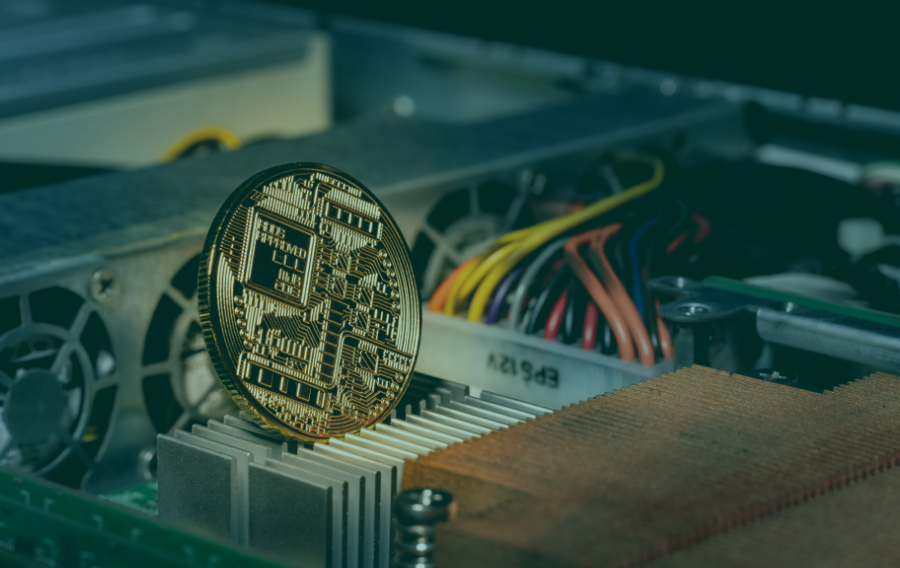Bitcoin mining pools are groups of miners who work together to improve their chances of successfully mining a block in the blockchain network via computer resources. Together, miners improve the chances of finding a block by sharing their processing power. They then split the benefits based on how much work they put in.
Participants in mining pools are given “shares” when they show good partial proofs of work.
Because of this method, even miners who aren’t very fast can consistently get a share of the block prize, which wouldn’t happen if they were individual miners. Pooling resources was first thought of as a way to deal with how hard mining was getting. It became necessary when mining alone became impractical because it could take a single miner a long time to mine a block.
When mining pools came along, they changed the way Bitcoin was mined in a big way, making solo mining mostly useless. These days, mining pools make most of the blocks, which shows how important they are to the Bitcoin economy. But the rise of mining pools has also brought problems, such as more competition between pools, which can lead to hostile actions like denial-of-service attacks. Ready to join a mining pool? Let’s learn all about them first.
The First Bitcoin Mining Pool
SlushPool was the first Bitcoin mining pool. It was created by a person called Slush on the Bitcointalk site on November 27, 2010. The pool was set up in Europe, especially in Poland, by Slush, who is now the CEO and co-founder of Safe Deposit. The goal was to combine the work of less powerful miners. This innovative project paved the way for later mining pools and was a key part of how Bitcoin mining has changed over time.
Large Mining Pools Today
Although SlushPool was the first mining pool, the industry has grown and changed a lot since then. SlushPool first did pooled mining for Bitcoin. Since then, many other pools have sprung up that mine not only Bitcoin but also other cryptocurrencies. Today, mining pools handle almost all major cryptocurrencies. This shows how important they are for making mining easier and making sure that blockchain networks are strong.
There are a lot of mining pool services out there, but some stand out because of how well-known they are or the features they offer. AntPool, Nanopool, and F2Pool are just a few examples. Each has its own benefits and meets the wants of miners all over the world.
Advantages and Disadvantages of Mining Pools
Advantages:
- Predictable Payouts: Mining pools typically offer more predictable payouts compared to solo mining, ensuring miners receive rewards regularly.
- Extra Features: Pools provide additional features such as real-time status monitoring and payout notifications, streamlining the mining process for participants.
- Space Efficiency: By participating in a mining pool, miners are relieved of the need to maintain their own blockchain copies, reducing storage requirements.
- Ease of Use: Setting up pooled mining requires less configuration and technical expertise, particularly for activities like merged mining.
Disadvantages:
- Smaller Expected Earnings: Pooled mining often entails fees and reward distribution mechanisms that may result in lower overall payouts for individual miners.
- Third-Party Reliance: Participants must entrust their earnings to the pool operator, exposing them to risks such as website downtime or fraudulent practices.
- Trust Issues: Miners are reliant on the integrity of pool operators, raising concerns about potential manipulation or mismanagement of funds.
- Centralization of Power: Pool operators wield significant influence over decisions affecting the Bitcoin network, as miners delegate their computational power to these entities, potentially compromising decentralization.



